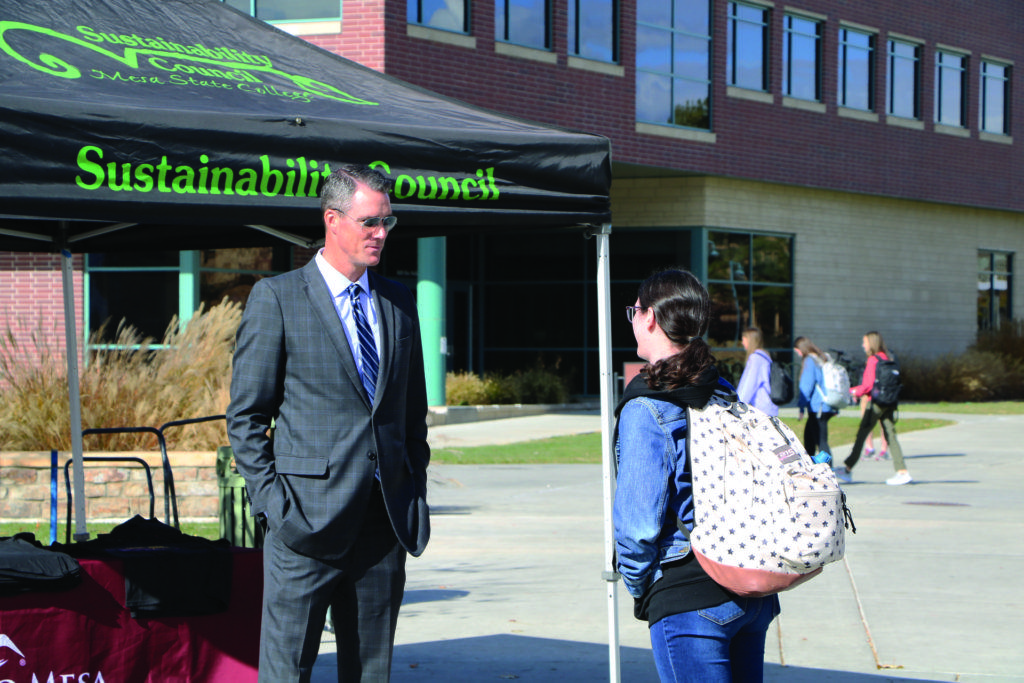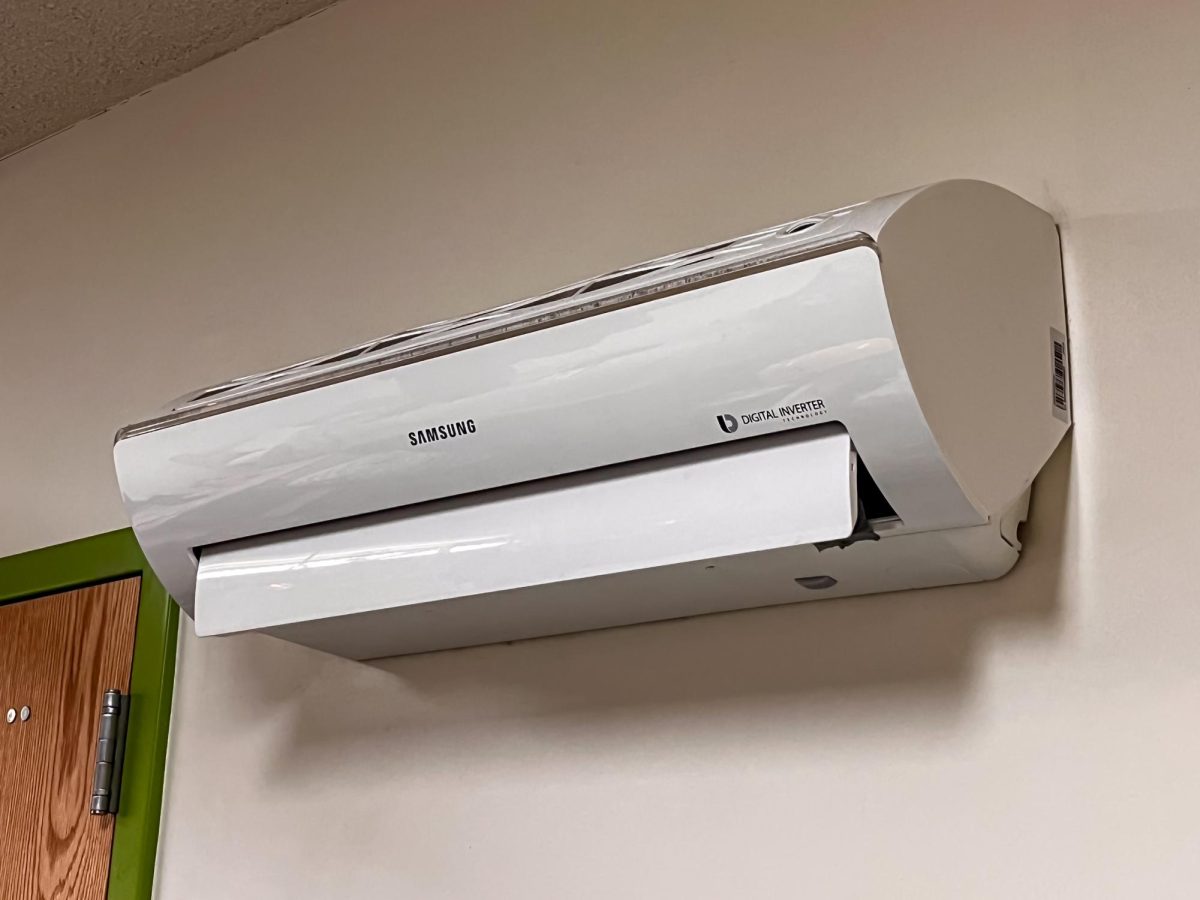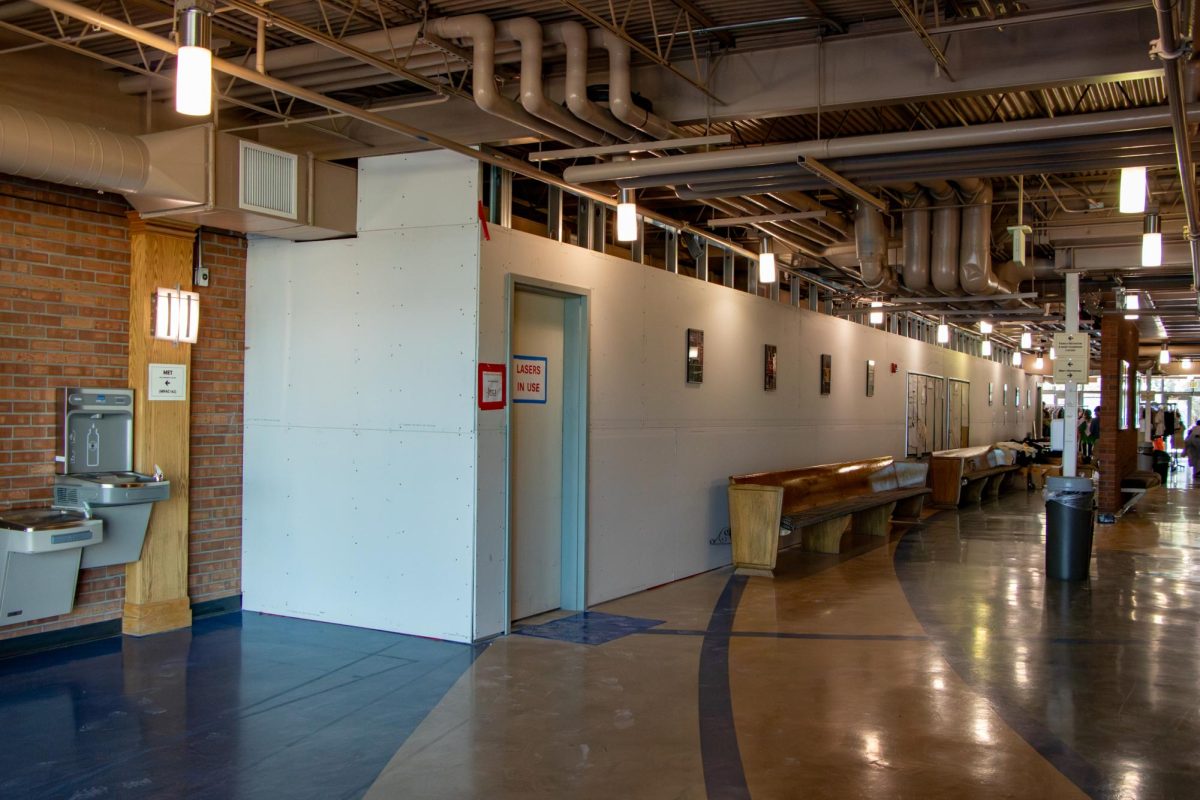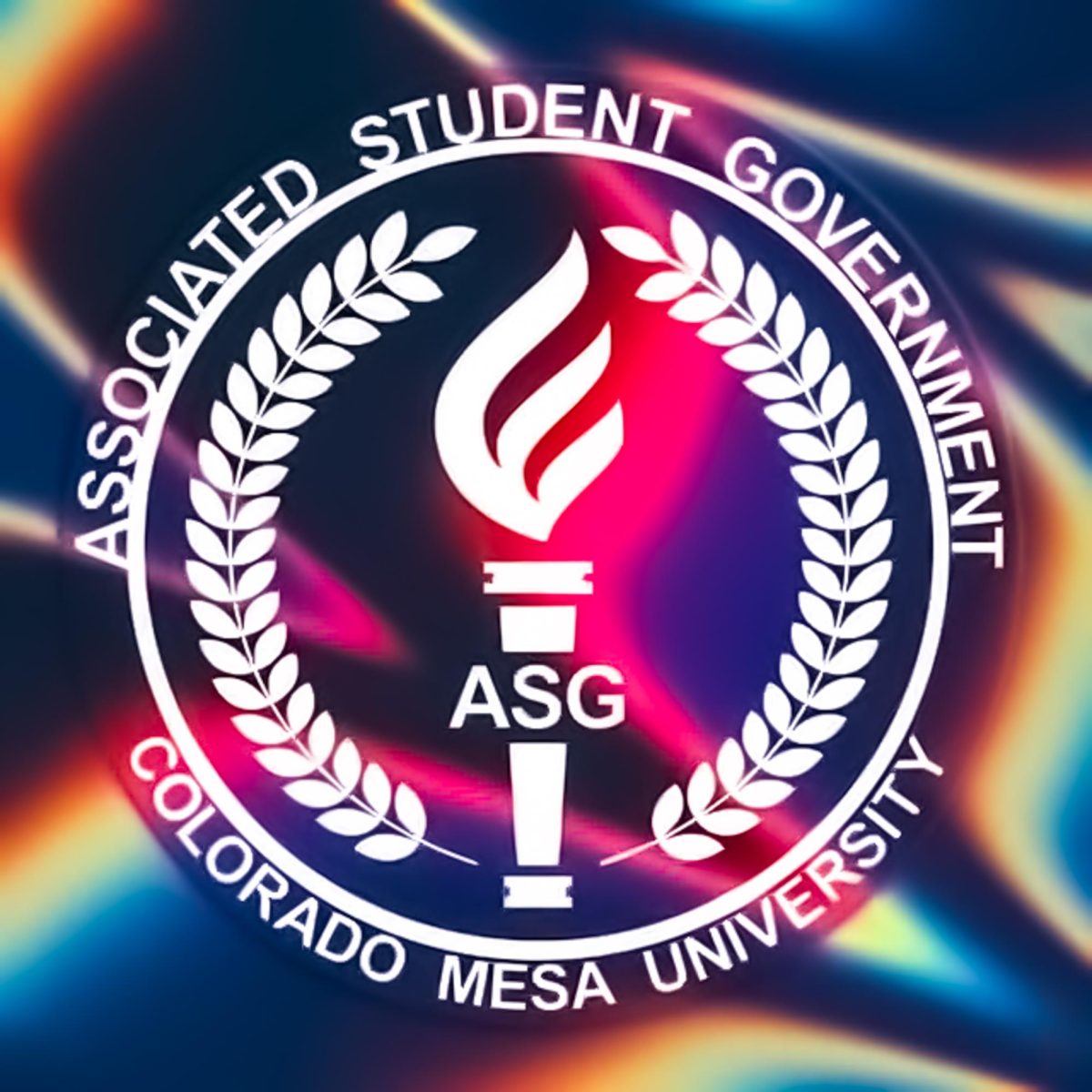In a bid to bolster support for first-generation college students across Colorado, legislators have introduced the groundbreaking bill HB24-1082, also known as “First-Generation-Serving Higher Education Institutions.”
This bill aims to officially label universities and colleges in Colorado as first-generation-serving institutions. The bill is being championed by four legislators: Senators Janice Rich and James Coleman and Representatives Javier Mabrey and Rick Taggart.
The bill has been backed by key figures including Colorado Mesa University (CMU) administrators President John Marshall and Vice President of External Relations Derek Wagner along with the Associated Student Government (ASG). ASG has thrown its weight behind the bill, passing a resolution of support and urging action from legislators with a letter.
“The idea is to recognize universities like CMU that provide a lot of services and support to first generation students and caters specifically to them, for students that otherwise wouldn’t have those opportunities and that ability to pursue a college education. This designation will ideally allow first generation students to see that places like CMU are places where they can succeed and be supported in their college career,” ASG Vice President Robert Hammes said.
The proposed legislation mandates that the Department of Higher Education to identify and designate institutions as first-generation-serving if the resident first-generation undergraduate population represents 45% or more of the institution’s overall resident student population. Alternatively, institutions may qualify if they secure a First Scholars Network of Institutions designation from the Center for First-generation Student Success or a “similarly rigorous independent third-party designation.” These designations would be publicly posted on the department’s website, bringing visibility to institutions dedicated to supporting first-generation students.
“Approximately 50% of students currently in attendance are first generation. We felt that it was important, especially because within the student Senate, there’s a lot of first gen students, I myself am a first generation student. It’s just really exciting to see the work and everything that Mesa has provided for us come into fruition,” ASG President Aleena Gomez said.
Gomez stated that the designation will make it easier to advocate for first-generation students and that it opens the door for many others to get a secondary education they may not consider otherwise. She then spoke to future first-generation students directly.
“You guys have an opportunity here to try everything once at least and to give your best foot forward. You have opportunities and resources here that are going to push you to that next step and make you feel a sense of belonging in higher education,” Gomez said.
CMU is a prominent advocate for first-generation students and has emerged as a strong proponent of the bill. With a multitude of scholarships and programs tailored specifically for first-generation students, the university has demonstrated its commitment to fostering an inclusive and supportive environment. One notable initiative is the CMU Promise, set to roll out in Fall 2024, that guarantees free tuition for students with family incomes below $65,000. This further enhances accessibility to higher education.
“Serving first-generation college students is in the DNA of Colorado Mesa University,” said President Marshall. “With nearly half of our students being the first in their families to attend college, it’s critical that we find every opportunity possible to communicate to students and families that they’re welcome on our campus and they can be assured that we know how to help them be successful. House Bill 1082 is an incredible tool for the State of Colorado to make a clear statement that first-generation college students–and institutions that focus on serving them–are critical to our shared success. We’re excited to see the bill become law!”
The bill faced a setback when it was tabled for further discussion after being slated for a hearing on Jan. 31. However, stakeholders remain optimistic about its eventual passage, with updates on its progress available on leg.colorado.gov.
“Right now, we are letting people at the state work out their stuff and see where it goes,” Hammes said. “As soon as it surfaces again and starts to be in front of the decision makers, we’re going to continue to reach out and make sure that we’re advocating for students and letting them know that this is something we want to see passed. It’s beneficial not just to CMU, but all universities across the state.”
Students who wish to contribute to the momentum can do so by engaging directly with their representatives. By calling, emailing or writing to legislators like Taggart and Rich, along with other members of the state legislature, constituents can amplify the voices advocating for the bill’s passage. As seen with previous legislation, more voices of support often means a higher chance of passage.
“You’ll be able to see where this bill is in committee by emailing and calling those representatives and senators that are on those committees, letting them know that you’re a student here at CMU, and you’d really like to see this pass and that they should give it their full consideration,” Hammes said.








